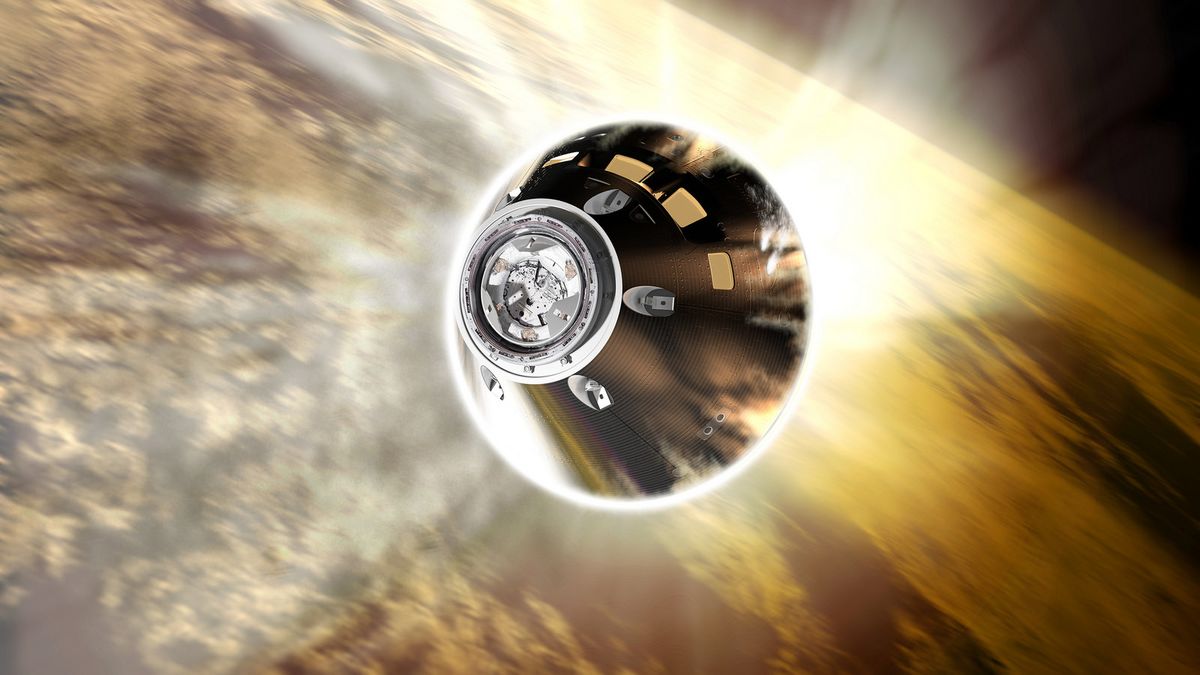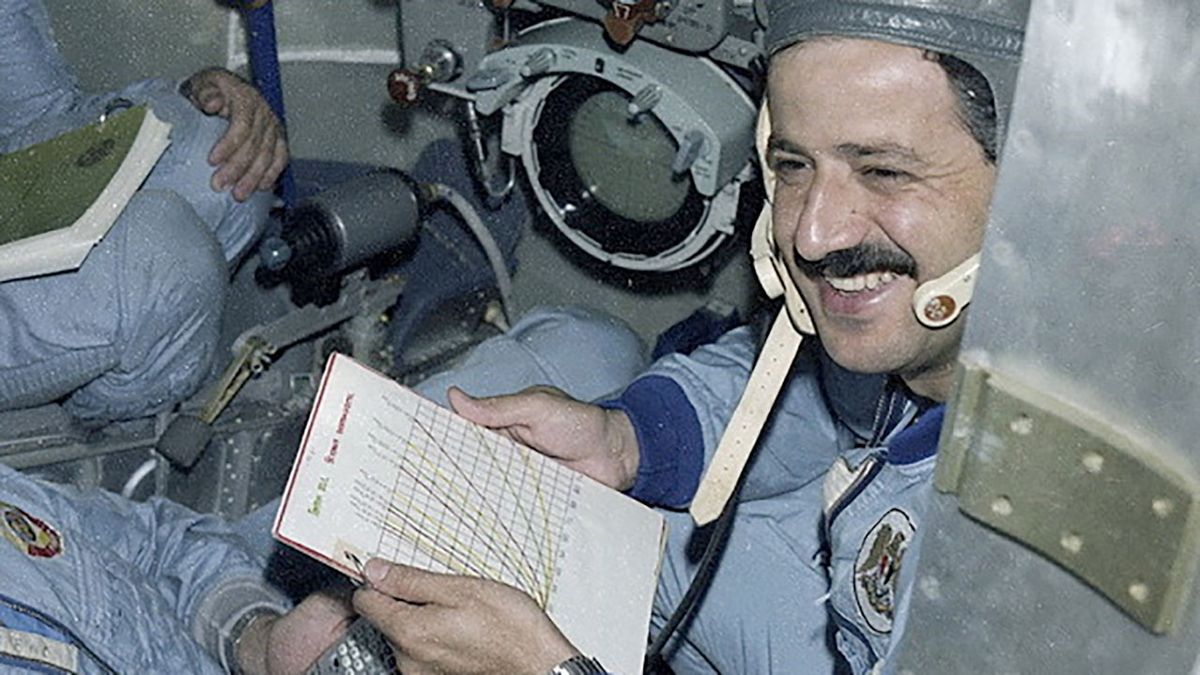NASA’s Response and Next Steps Following Mars Sample Return Review
NASA recently announced its response to the comprehensive report issued by the Mars Sample Return Independent Review Board in September. This report highlighted crucial recommendations for the Mars Sample Return program. On Monday, April 15, NASA disclosed the agency’s plans for moving forward with this ambitious initiative while maintaining a balanced approach within its broader scientific agenda.
The Mars Sample Return project has been a key objective of international planetary exploration efforts over the past two decades. Bringing back samples from Mars to Earth represents a significant scientific milestone, but it also raises important questions and considerations.
Controversy Surrounding Potential Space Microbe Threats
One of the primary concerns associated with Mars sample return missions is the potential threat posed by Martian microorganisms. Some experts fear that these alien microbes could have adverse ecological effects if introduced to Earth’s biosphere. The issue of safeguarding against space-borne pathogens has attracted attention from both scientific and policy perspectives.
An op-ed published in the Houston Chronicle on April 11 raised the question of Earth’s readiness to deal with extraterrestrial life, specifically focusing on the risks posed by space-borne microbes. Authored by former Democratic Congresswoman Donna Shalala and Republican Congresswoman Susan Brooks, the piece emphasized the importance of proactive measures to protect our planet from potential space-borne biological threats.
The Role of the Bipartisan Commission on Biodefense
Shalala and Brooks highlighted the work of the Bipartisan Commission on Biodefense, a non-governmental organization established in 2014 to assess and improve the United States’ biodefense capabilities. Drawing on their combined expertise in public health and national security, the authors underscored the need for a coordinated and proactive approach to address emerging biosecurity challenges.
The concept of “Astrobiodefense” refers to strategies aimed at mitigating biological risks associated with space exploration. The authors emphasized the necessity of developing robust frameworks for preventing cross-contamination between Earth and extraterrestrial environments.
Addressing Emerging Biological Threats in Space
Shalala and Brooks outlined two primary objectives of astrobiodefense efforts: preventing the spread of terrestrial organisms to extraterrestrial habitats and safeguarding Earth from potential extraterrestrial pathogens. They underscored the urgency of advancing research and technology to detect, diagnose, and combat space-related diseases.
As space exploration expands, the authors argued for enhanced collaboration among governmental agencies and international partners to strengthen bio-surveillance capabilities. They highlighted the importance of sustained investment in astrobiodefense research and emphasized the role of policymakers in prioritizing space security initiatives.
Ensuring Security and Sustainability in Space Exploration
In conclusion, Shalala and Brooks emphasized the ethical responsibility of safeguarding humanity and the environment from unknown biological threats. By investing in astrobiodefense measures and promoting global cooperation, they proposed a proactive strategy for addressing the potential risks associated with space exploration.
For more information, visit the Bipartisan Commission on Biodefense website or read the op-ed in its entirety.
Image/Photo credit: source url





